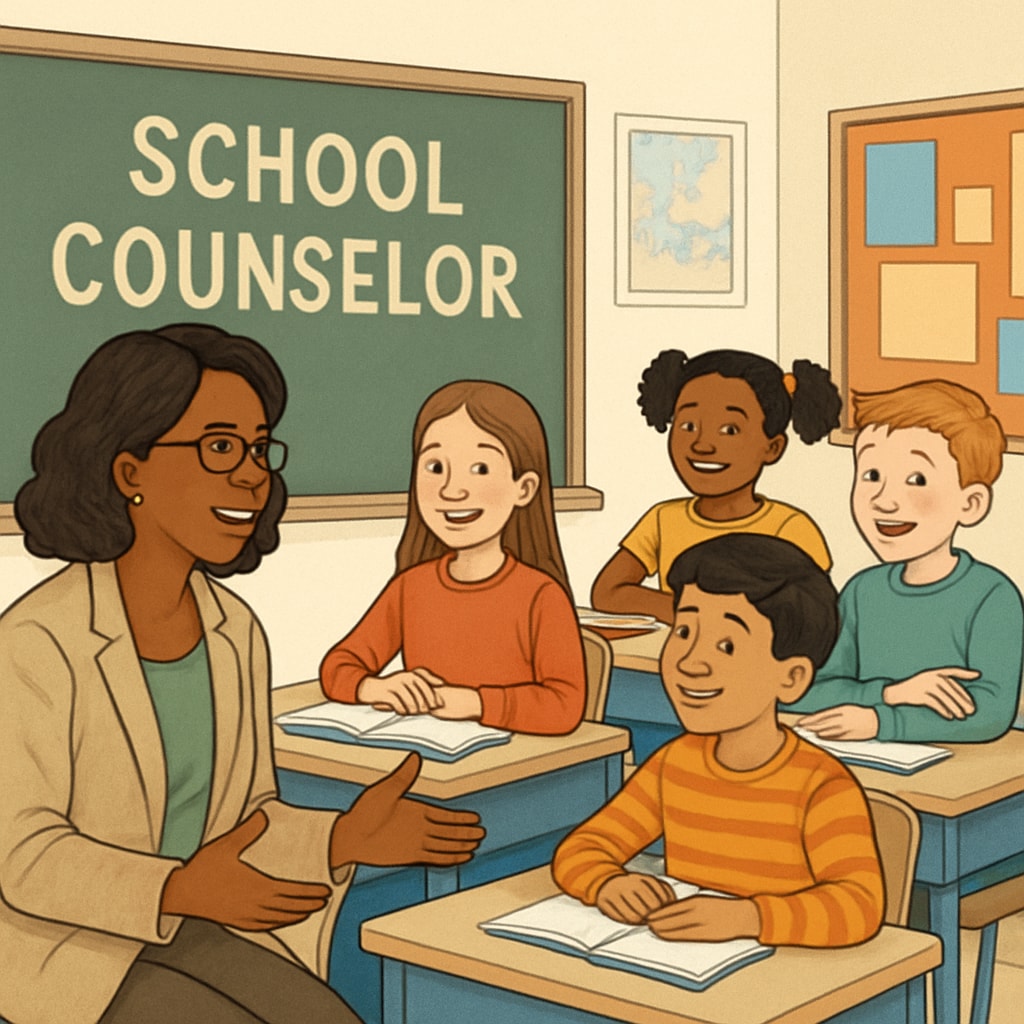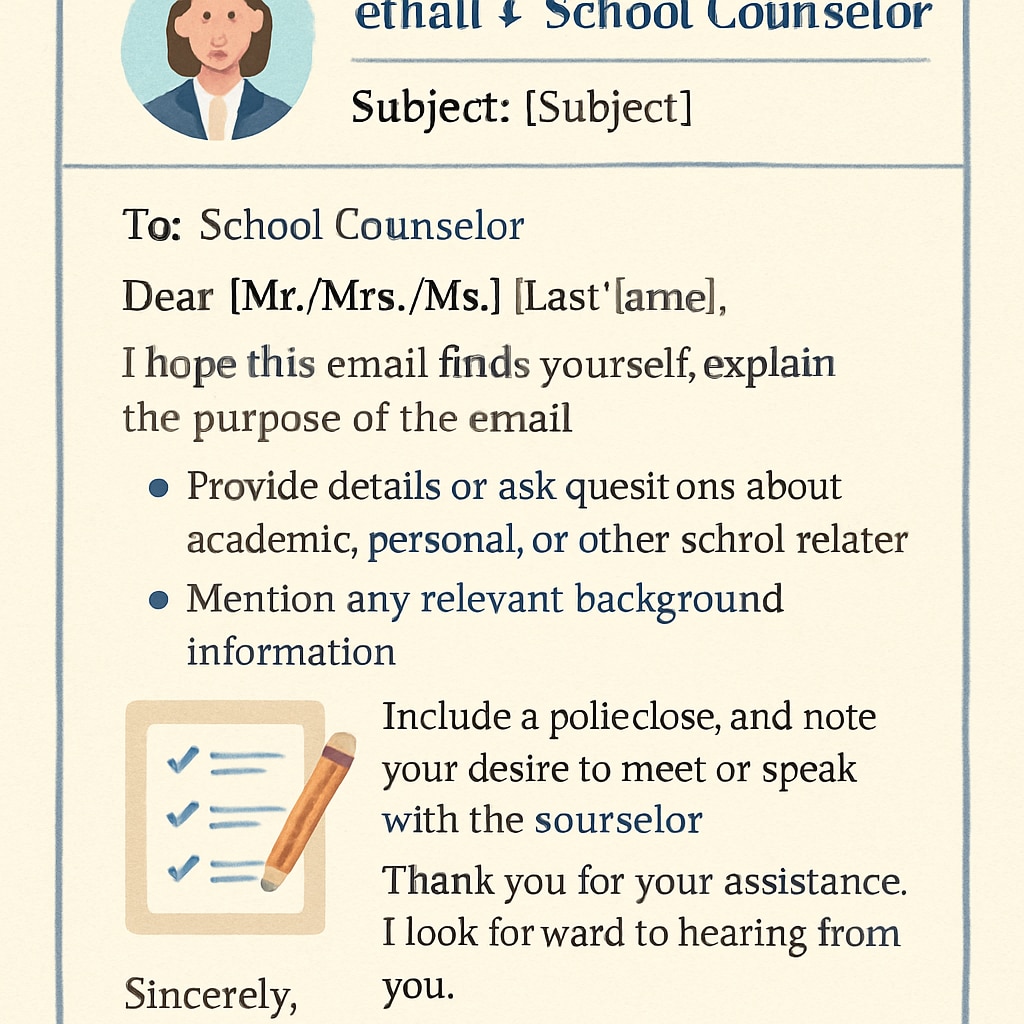Graduate students often face challenges when completing research assignments, especially those requiring interviews with professionals such as K12 school counselors. These counselors are vital to understanding the operational intricacies of school counseling systems and their impact on student well-being. By effectively identifying and interviewing these professionals, students can not only complete their assignments but also gain valuable insights for their academic and professional growth. This article provides practical advice on how to locate, approach, and conduct interviews with school counselors.
Finding K12 School Counselors: Where to Start
Locating the right school counselor to interview is often the first and most challenging step. However, there are several channels you can use:
- School Websites: Most schools list staff directories, including counselors, on their websites. Search for schools in your area or within your research scope, and look for contact details like email addresses or phone numbers.
- Professional Networks: Platforms like LinkedIn offer access to professionals in education. Use targeted searches to connect with school counselors.
- Academic Advisors or Professors: Your university’s faculty may have existing connections with schools or counselors. Leverage these relationships for introductions.
- Local Education Associations: Many regions have associations or groups dedicated to school counseling. These organizations often have directories or can connect you with members.

Effective Communication: How to Approach School Counselors
Once you’ve identified potential counselors to interview, the next step is reaching out. Keep the following tips in mind to increase your chances of a positive response:
- Use Formal Communication: Begin with a polite email or letter introducing yourself, your academic program, and the purpose of your research. Avoid overly casual language.
- Be Specific and Respectful: Clearly outline what the interview will involve, including the expected time commitment. Respect their busy schedules by offering flexible timing options.
- Explain the Value: Highlight how their insights will contribute to your research and potentially benefit the field of education.
- Follow Up: If you don’t receive a response within a week, send a polite follow-up email. Avoid being pushy, as this can deter potential participants.
For more tips on professional communication, check resources such as communication techniques on Britannica.

Interviewing K12 School Counselors: Best Practices
Conducting the interview is the most critical part of the process. To ensure a productive and respectful session, follow these guidelines:
- Prepare Thoroughly: Research the school’s counseling program and the counselor’s role beforehand. Draft a list of open-ended questions that align with your research goals.
- Choose the Right Environment: If the interview is in person, ensure it takes place in a quiet, neutral location. For virtual interviews, test your equipment and internet connection in advance.
- Build Rapport: Start with a brief, friendly chat to make the counselor feel comfortable. This can lead to more open and insightful responses.
- Respect Confidentiality: Avoid asking for sensitive or personally identifiable information about students. Focus on general practices, challenges, and successes.
- Record and Take Notes: With permission, record the interview for accuracy. Additionally, take notes to emphasize key points.
For more on interview techniques, see interviewing techniques on Wikipedia.
Wrapping Up and Following Through
After the interview, express your gratitude with a thank-you email or letter. Summarize key takeaways from the conversation and, if possible, share your research findings once completed. This not only leaves a lasting impression but also fosters goodwill for future academic or professional collaborations.
By following these steps, graduate students can effectively locate and interview K12 school counselors, ensuring their research assignments are both thorough and insightful. With proper preparation, communication, and professionalism, the process can be a rewarding experience for both the student and the counselor.
Readability guidance: Use concise paragraphs and bullet points to summarize key ideas. Maintain a professional tone, and incorporate transition words to ensure smooth flow between sections. Avoid jargon and prioritize clarity.


